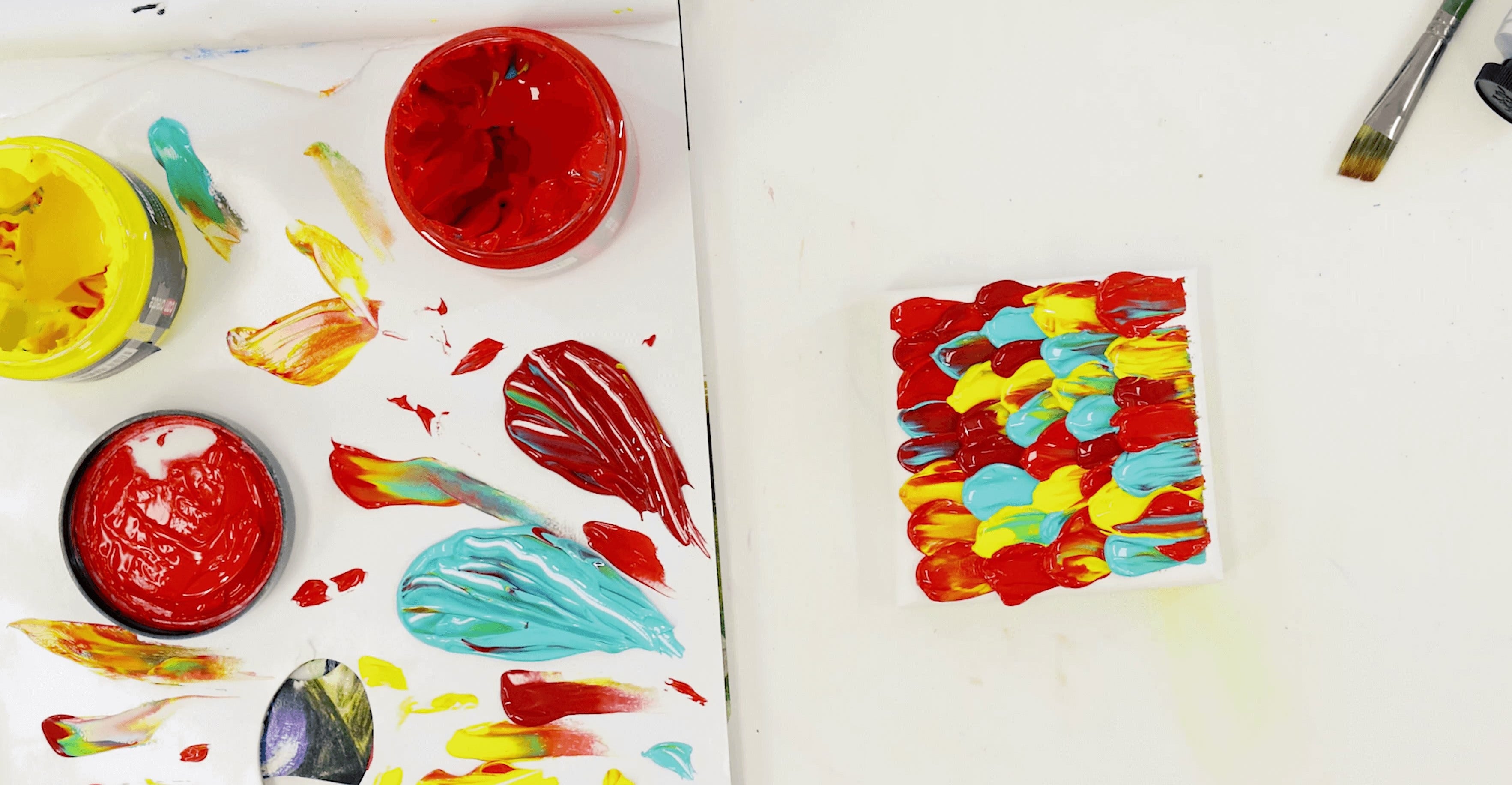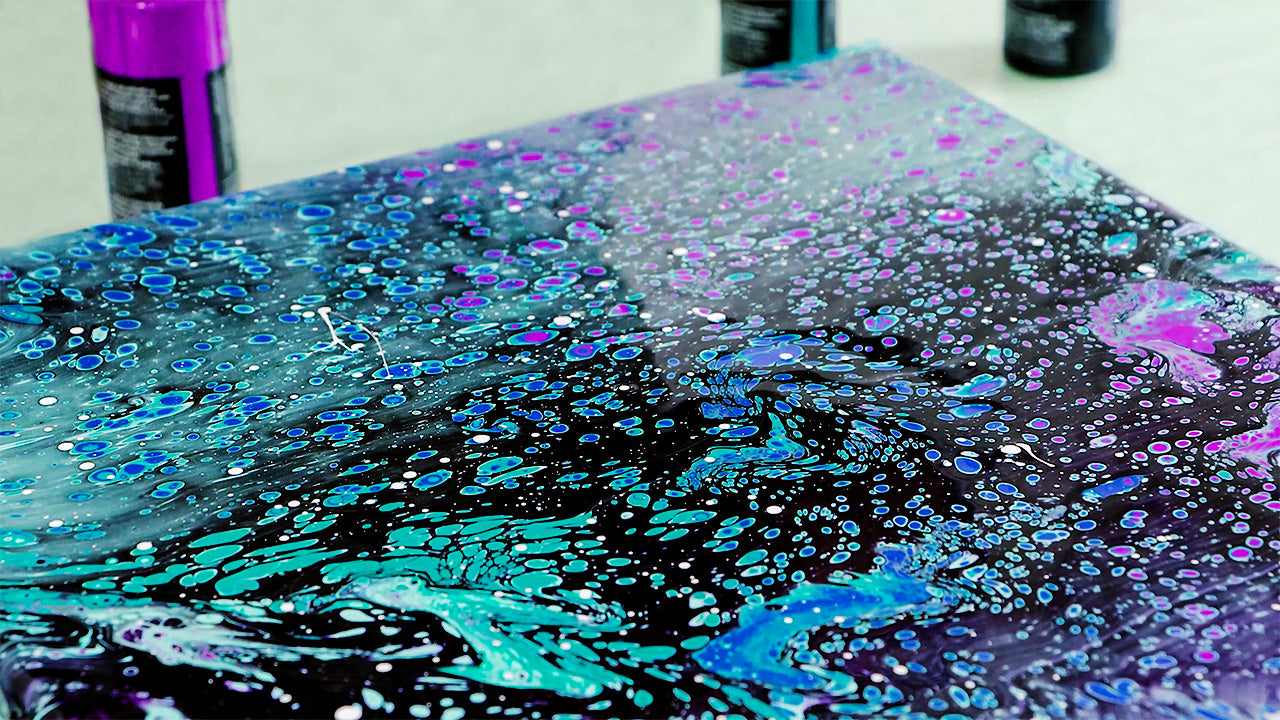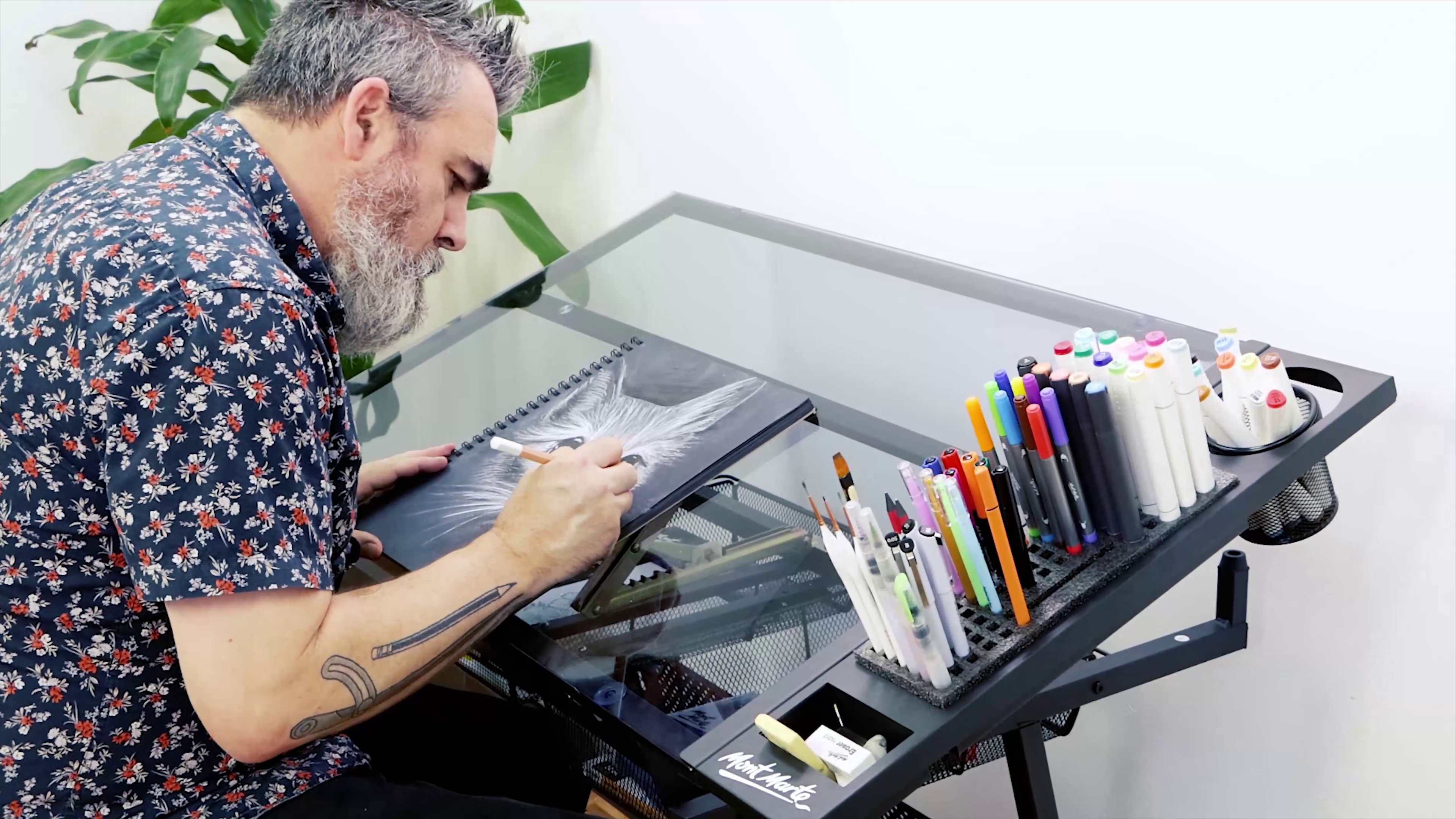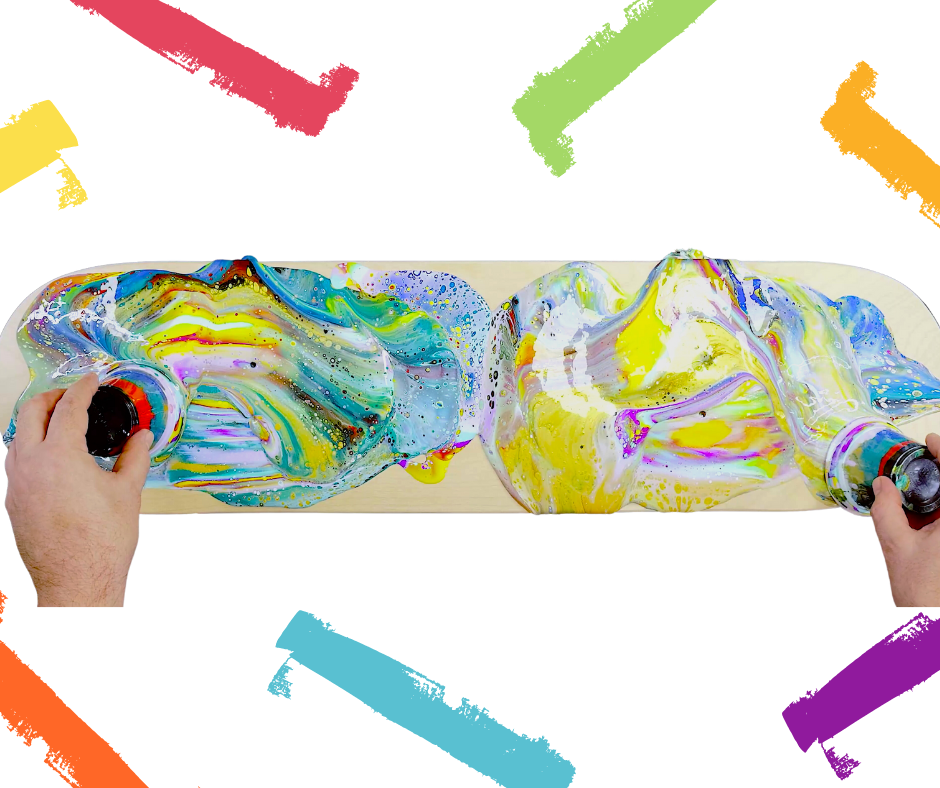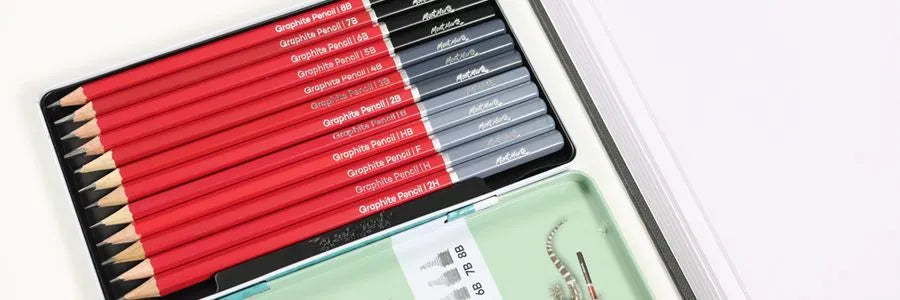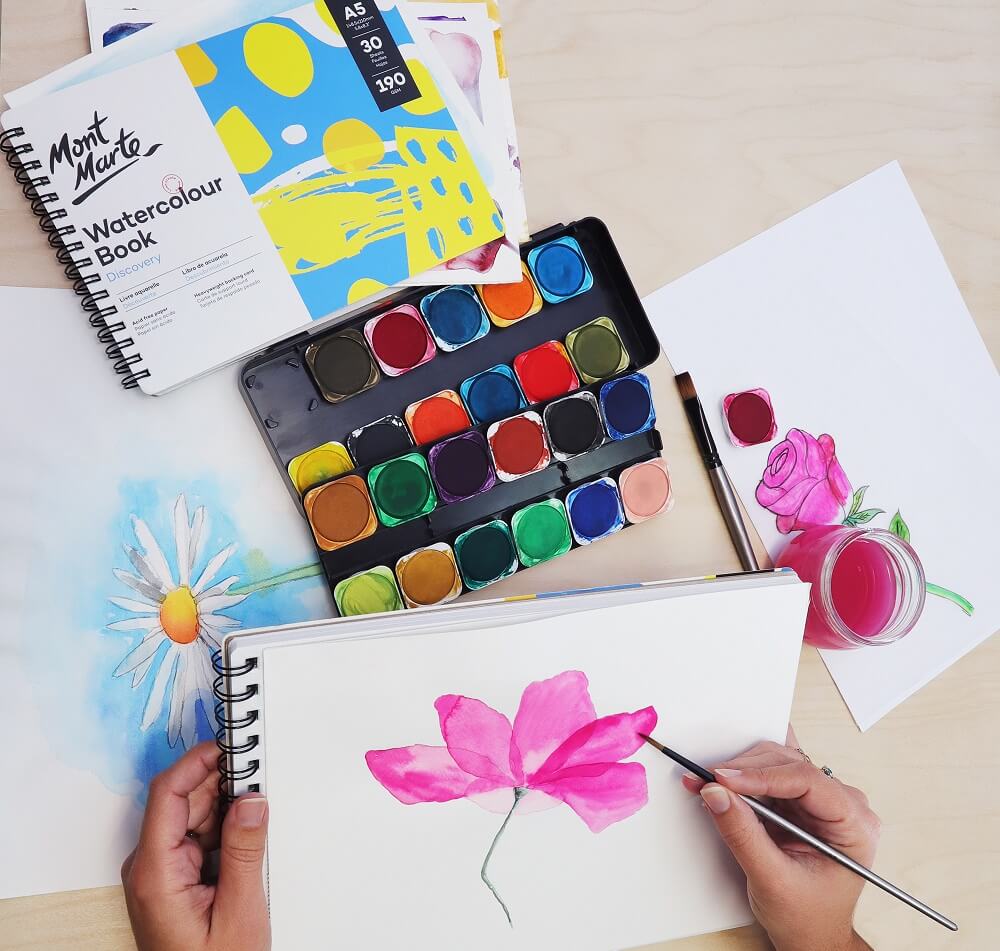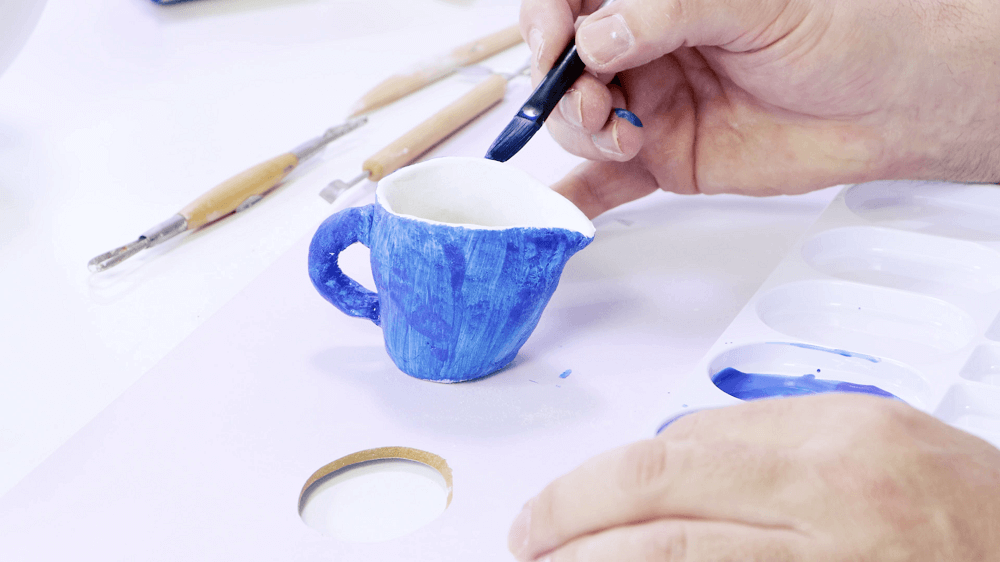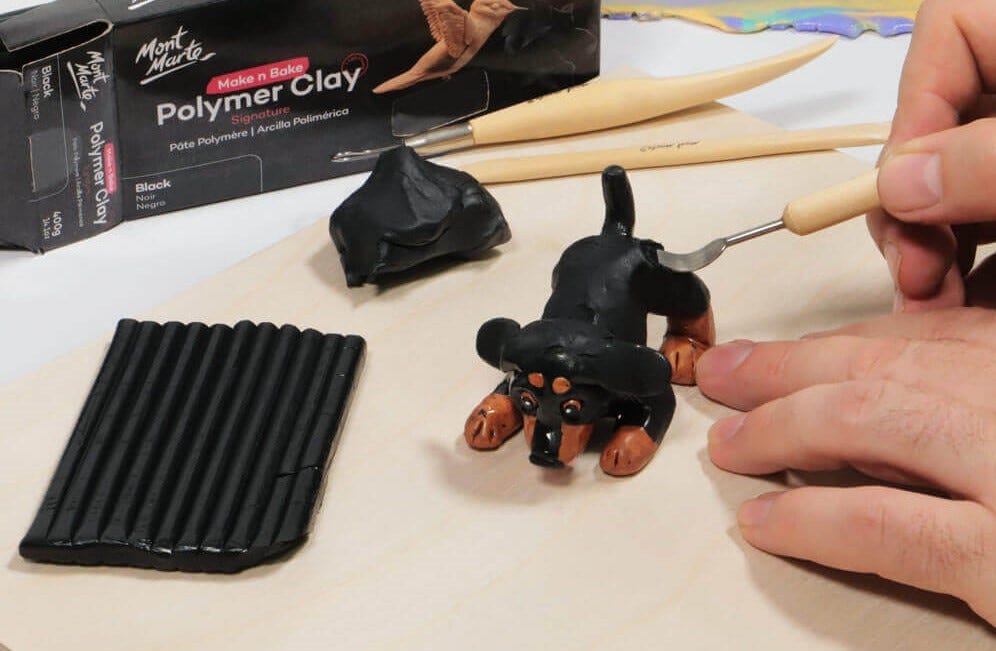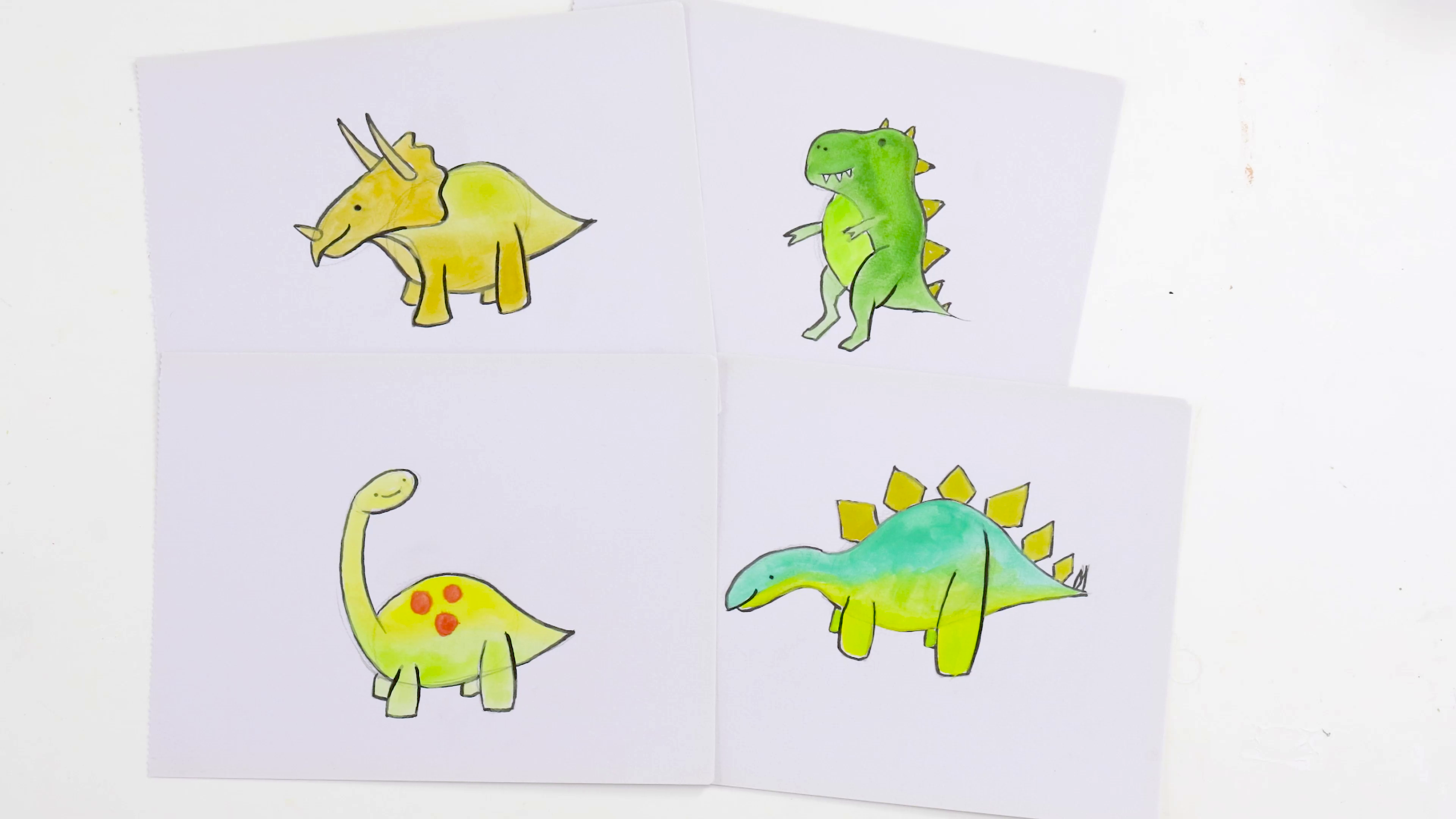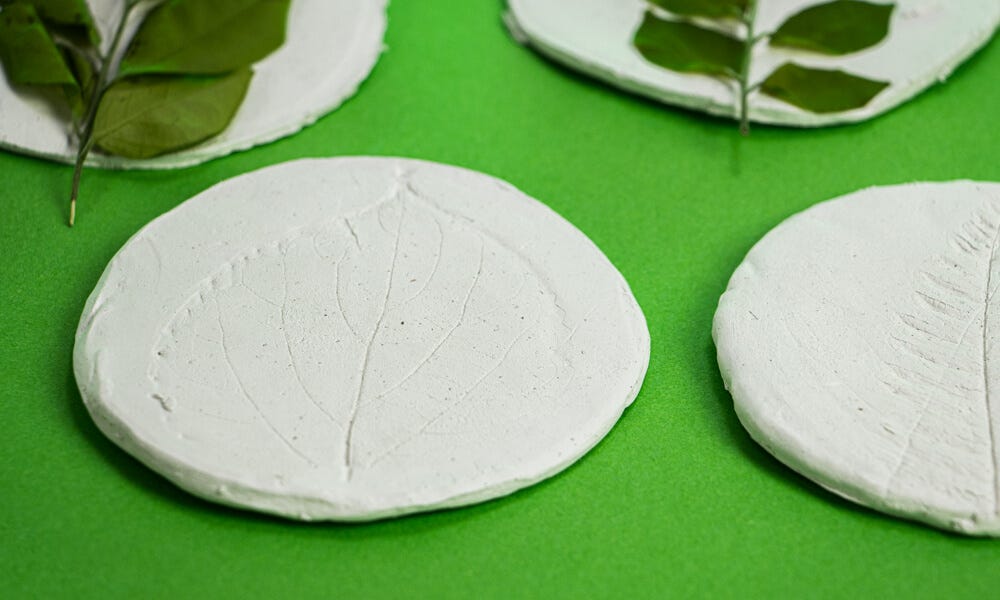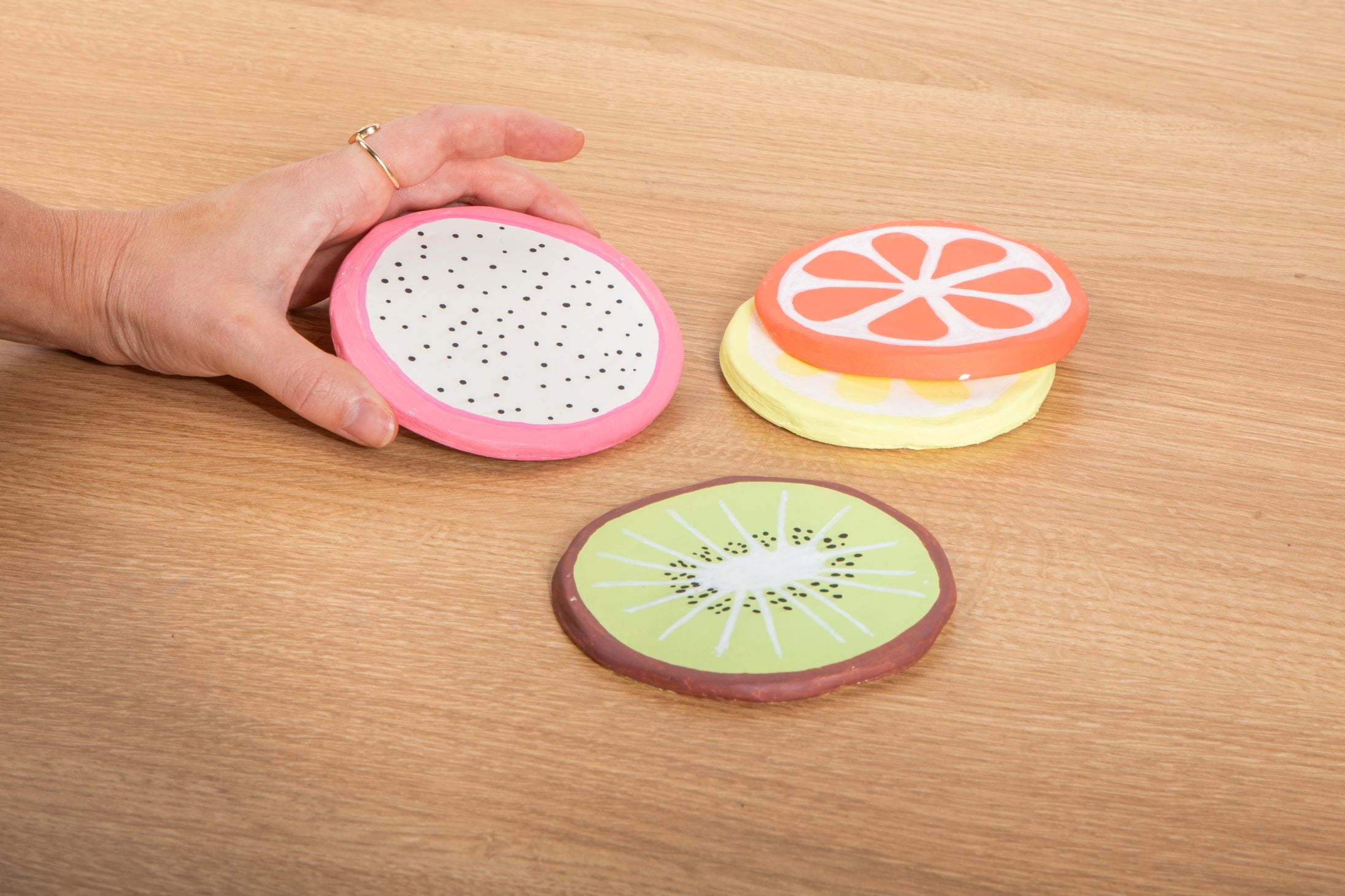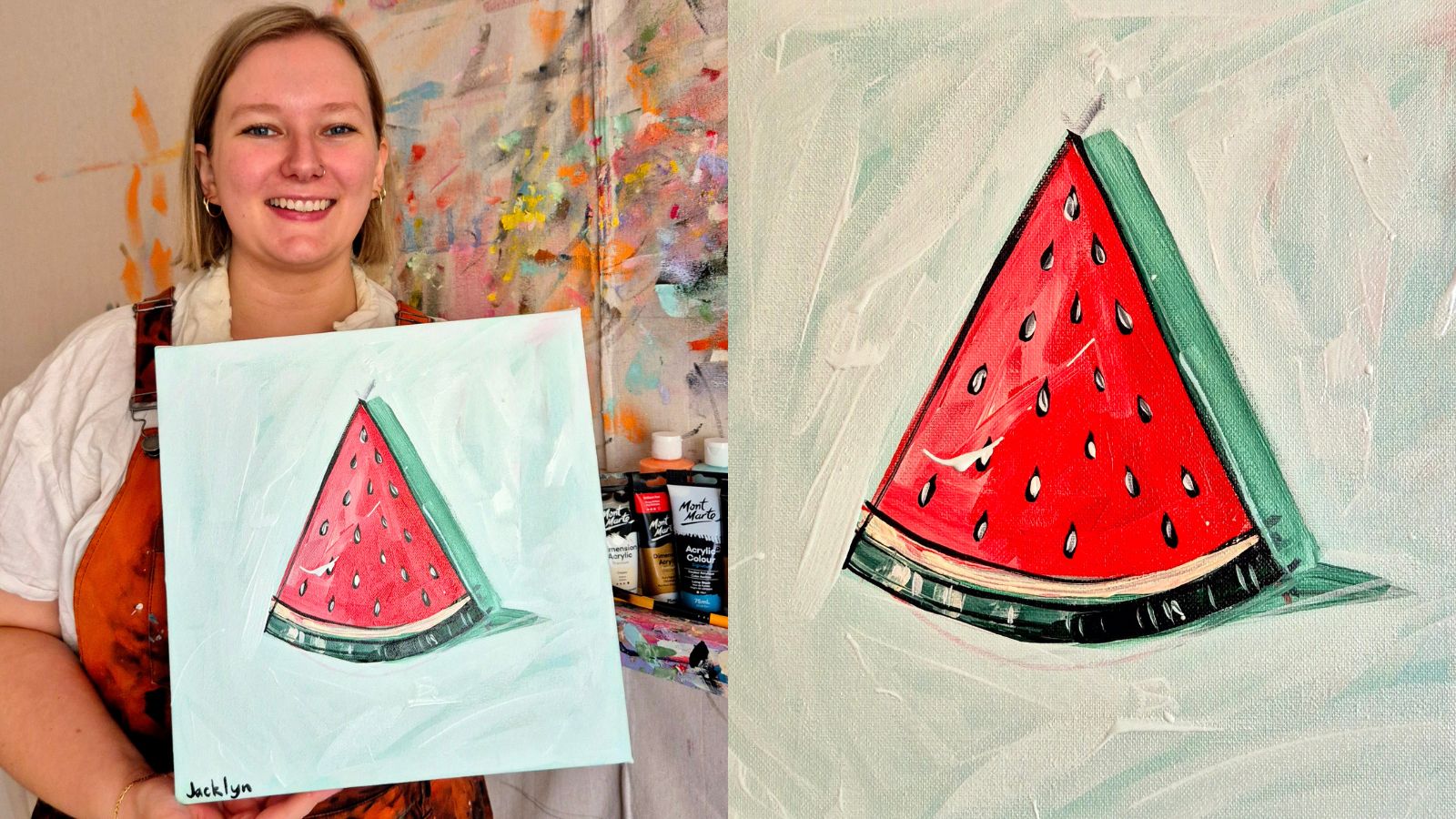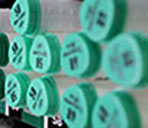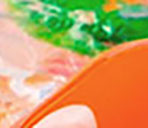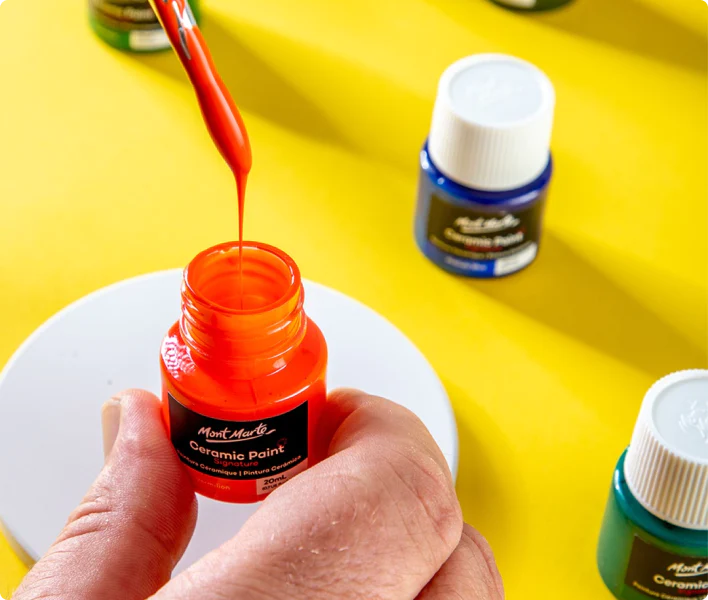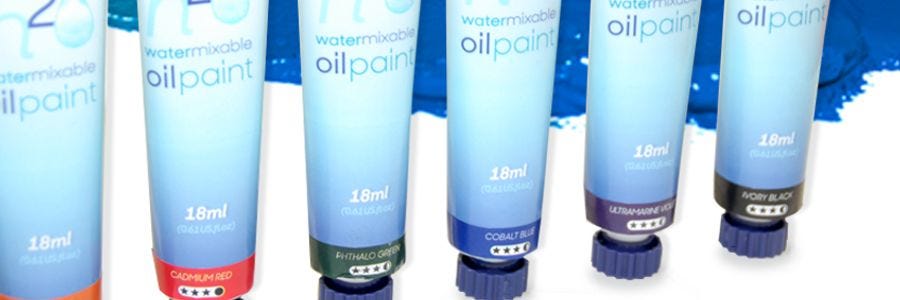There is a lot of buzz about the H2O range of paints at the moment. If you don’t know about this fantastic paint, it is a true oil paint, but the linseed oil carrier film differs, due to it being molecularly altered so that it dissolves in water. This change means the paint has those qualities that make oils so nice to use, without the need for turpentine and other solvents for wash-up and dilution.
As a result, the process of painting with H2O Oil Paints is clean, convenient, and also makes for a healthy and environmentally sound work space. Although Water Mixable Oils are essentially the same as traditional oil paints, there are some very subtle differences.
We've put together a list of hot tips so you can make the most out of this fantastic medium.
Tips:
When diluting with water, it is best not to exceed the ratio of water by more than 25%. In other words, 1 part water to 3 parts H2O Water Mixable Oil Paint. Water added above this ratio can compromise the paints ability to bond completely and cause cloudiness.
When adding acrylic or gouache, it’s best not to apply more than 20%. Use 1 part acrylic/gouache to 4 parts Water Mixable Oil Paint. Acrylic/gouache added above this amount can alter the paints cross linking (curing).
Lay down the light colours first and then lay the darker colours into them.
H2O Water Mixable Oil Paint takes about as long as traditional oil paint to cure, but when water is used to thin it, it will dry a little quicker.
Traditional oil painting mediums can be used with H2O Water Mixable Oil Paint.
H2O paints can be painted over acrylic paint.
When painting with H2O paints, follow the lean to fat procedure. This basically means keeping your first layer thin, and ensuring any consecutive layers are thicker than the one beneath it, so your final layer is the thickest.
Ensure brushes are washed out immediately after use (in water).
Manipulate the tube with the lid on prior to squeezing the paint out. This will amalgamate the linseed oil back in with the paint.
Don’t use a paper palette because it will pull the oil out of your paint.
Although hog bristle brushes can be used, soft Taklons are better, due to the paint being slightly softer.
A few drops of Mont Marte Linseed Oil on the palette will bring the paint back to its original workability.
If you are accustomed to traditional oil paint you will notice H2O is a little more ‘slippery’. For this reason it is best to ensure the brush is dry when it is dipped in the paint.
Never leave H2O Water Mixable Oil Paint in the sun, and always store the paints in a cool dark area in between use.
As a result, the process of painting with H2O Oil Paints is clean, convenient, and also makes for a healthy and environmentally sound work space. Although Water Mixable Oils are essentially the same as traditional oil paints, there are some very subtle differences.
We've put together a list of hot tips so you can make the most out of this fantastic medium.
Tips:
Browse our range here.


